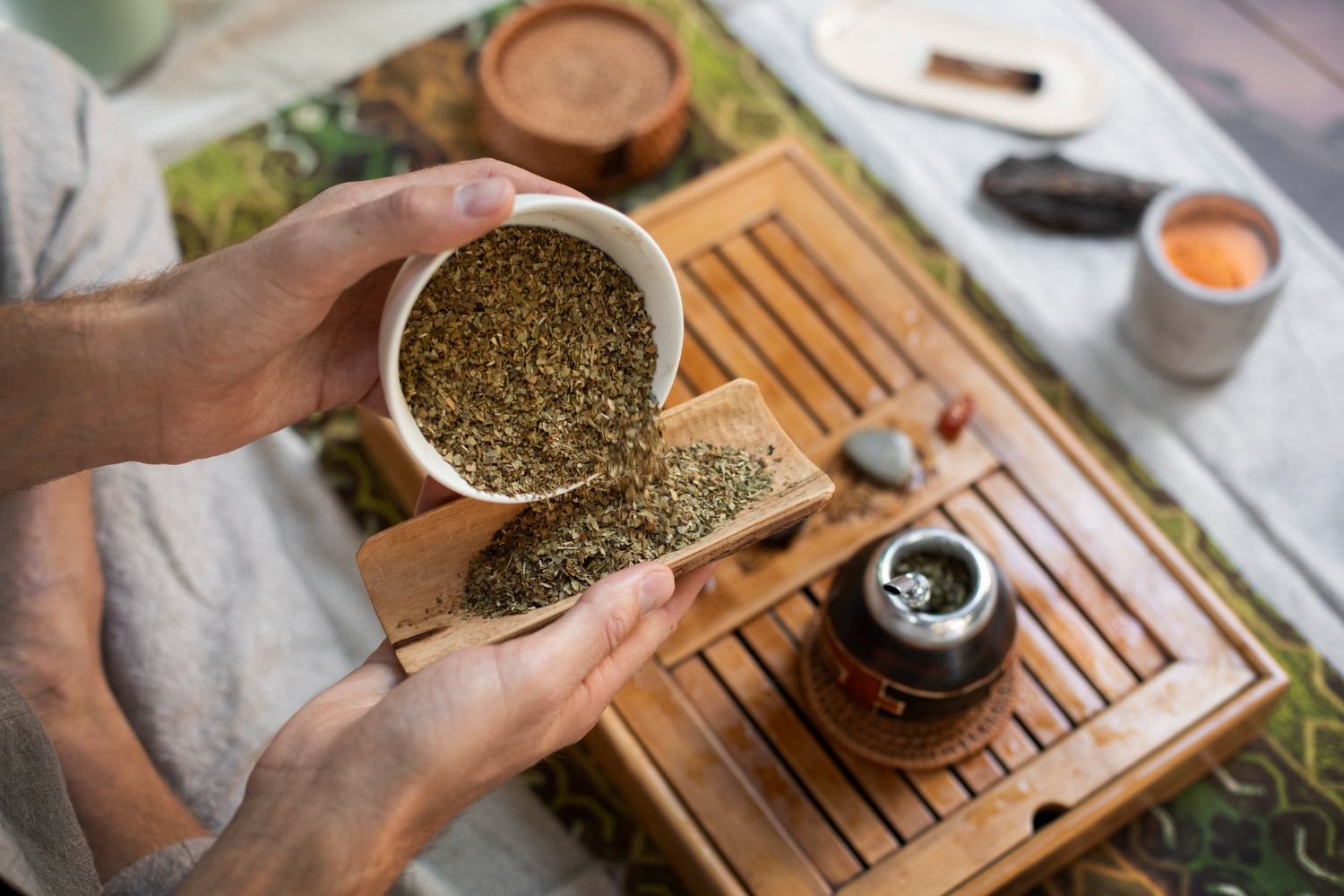Kratom Addiction Recovery Support
At TruPaths, we understand how kratom can feel like a lifeline especially when you’re in pain, dealing with anxiety, or trying to get off stronger opioids. But for some, that relief slowly turns into dependence, and what once felt like a solution starts becoming the problem.
This page is here to help you or your loved one make sense of kratom use, understand the risks, and explore recovery options that are built with love, not shame. We don’t provide treatment ourselves but we help connect you with centers that do, and that understand the unique challenges of kratom dependency.








